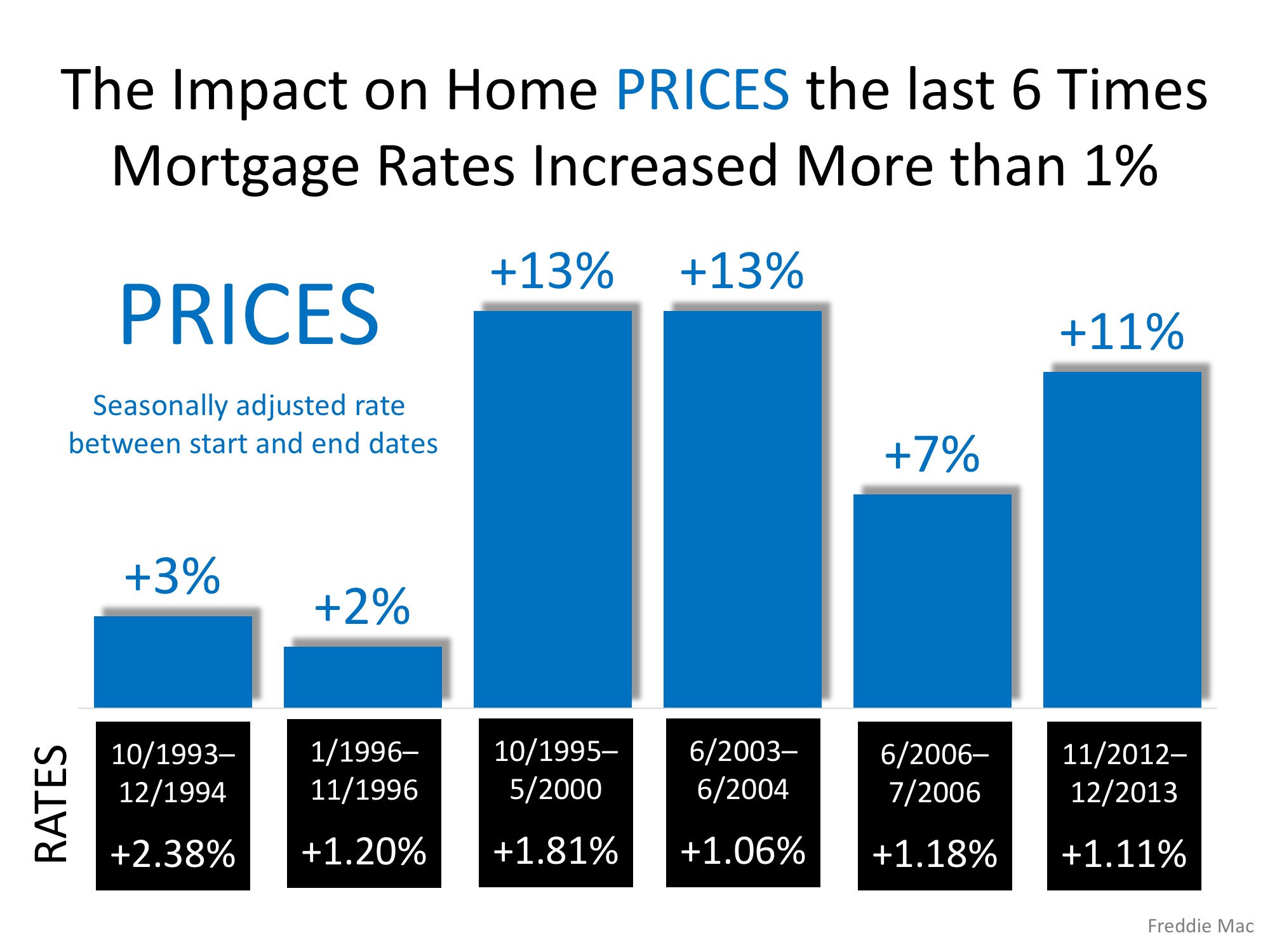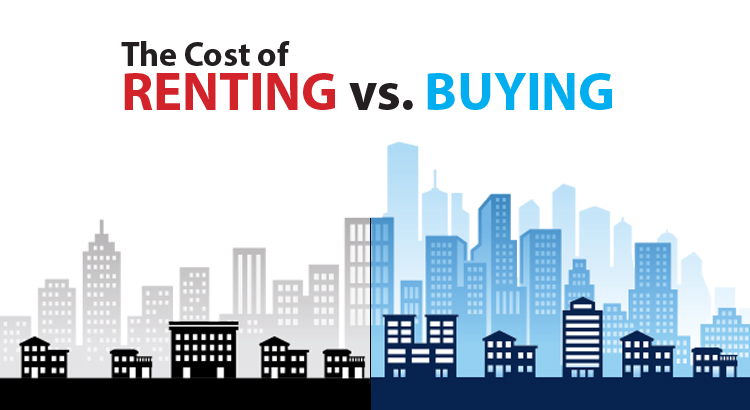
Recently, Freddie Mac published an Insight Report titled Nowhere to go but up? How increasing mortgage rates could affect housing. The report focused on the impact the projected rise in mortgage rates might have on the housing market this year.
Many believe that an increase in mortgage rates will cause a slowdown in purchases which would, in turn, lead to a fall in house values. Ultimately, however, prices are determined by supply and demand and while rising mortgage rates may slow demand, they also affect supply. From the report:
“For current homeowners, the decision to buy a new home is typically linked to their decision to sell their current home… Because of this link, the financing costs of the existing mortgage are part of the homeowner’s decision of whether and when to move.
Once financing costs for a new mortgage rise above the rate borrowers are paying for their current mortgage, borrowers would have to give up below-market financing to sell their home.
Instead, they may choose to delay both the sale of their existing home and the purchase of a new home to maintain the advantageous financing.”
The Freddie Mac report, in acknowledging this situation, concluded that prices are not adversely impacted by higher mortgage rates. They explained:
“While there is a drop in the demand for homes, there is an associated drop in the supply of homes from the link between the selling and buying decisions. As both supply and demand move together in this way they have offsetting effects on price—lower demand decreases price and lower supply increases price.
They went on to reveal that the Freddie Mac National House Price Index is…
“…unresponsive to movements in interest rates. In the current housing market, the driving force behind the increase in prices is a low supply of both new and existing homes combined with historically low rates. As mortgage rates increase, the demand for home purchases will likely remain strong relative to the constrained supply and continue to put upward pressure on home prices.”
The following graph, based on data from the report, reveals what happened to home prices the last six times mortgage rates rose by at least 1%.

Bottom Line
Whether you are a move-up buyer or first-time buyer, waiting to purchase your next home based on the belief that prices will fall because of rising mortgage rates makes no sense.


![Home Buying Myths Slayed [INFOGRAPHIC] | Simplifying the Market](http://files.simplifyingthemarket.com/wp-content/uploads/2018/04/19123027/20180420-Share-STM.jpg)
![Home Buying Myths Slayed [INFOGRAPHIC] | Simplifying the Market](http://files.simplifyingthemarket.com/wp-content/uploads/2018/04/19122954/20180420-STM-ENG.jpg)






![The Cost of Renting vs. Buying Today [INFOGRAPHIC] | Simplifying The Market](http://files.simplifyingthemarket.com/wp-content/uploads/2018/03/27150933/Rent-vs.-Buy-STM.jpg)

